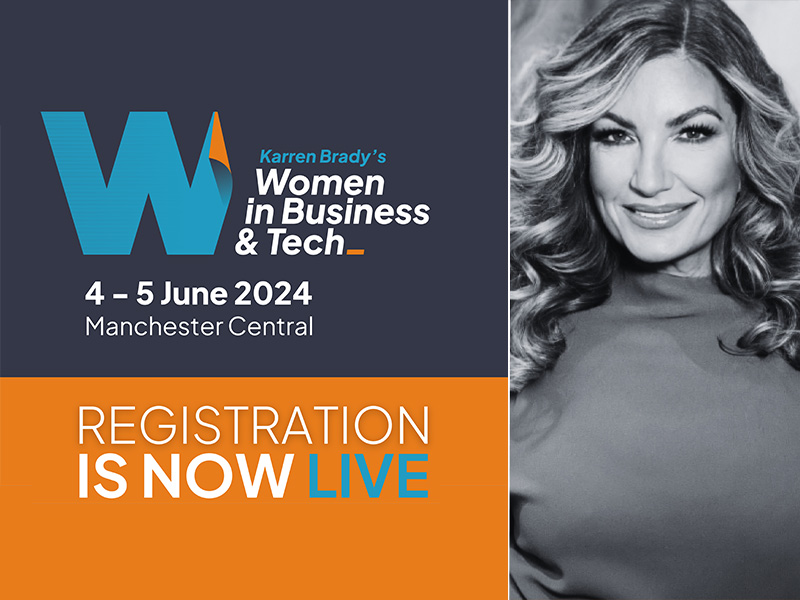What do women want in business? Pretty much the same as men, actually.
In March, a group of women attended a meeting at 10 Downing Street to talk to the Government about how to help support female founders and ensure their success. As part of that preparation, several members of the delegation consulted in female entrepreneurs’ circles about topics to bring for discussion.
The responses included:
- Transparency of loans, grants and other sources of funding available – aimed at “normal” businesses, not just pure tech startups
- Mentorship schemes with successful business leaders
- Hub spaces in government buildings/ partner agencies to work from at a subsidized rate or for free
- Small business development centres (as seen in the US) providing technical assistance and business consulting
- Changes to VAT, PAYE and Corporation tax to make these payable in parts by default for new companies to help with cash flow management in the early days
- A media connect pathway to boost founders’ profiles
- Childcare voucher scheme
Most of these topics were about everyday business issues but somewhat predictably, the government officials only focused on childcare and flexible working. As if the other issues presented were somehow irrelevant to women, or something they shouldn’t worry their pretty little heads about.
It is hardly surprising that there is a tendency to stick to the stereotype that the only thing women want to talk about is childcare: with only six of the 23 permanent Cabinet posts currently occupied by women, only seven FTSE100 CEOs and a grand total of 18% of the investment professionals in UK are female.
The stats to back this attitude up are depressing: According to a recent Beauhurst report, only 5.5 per cent of all PE/VC cash went to companies with a female founder. Put another way: for every pound invested by PE/VC funders into high-growth businesses, less than 6 pence went to women. That means that a huge number of great ideas went without funding, simply because of inherent biases of the audience they were pitching to.
Representation matters. As the racist soap dispenser highlights in a very drastic way, it is important to ensure participation from all parts of society, no matter where they are on the gender or colour spectrum. Only when we have people speaking up against ingrained stereotypes can we make sure that equality happens in all areas of our lives.
So, instead of asking what women in business want, why don’t we assume that things like shared childcare and flexible working are as relevant to both mothers and fathers? That ensuring taxes are payable needs to be clear and easy to understand as well as being manageable for all new companies, regardless of who runs them? That mentorship and both male and female role models should be made available to all?
 About the author
About the author
Merje Shaw is the Managing Director of Path59, a Shoreditch-based consultancy which helps large corporations think like startups and improve their digital presence and customer engagement. Clients include international charity ActionAid, leader in pest control Rentokil Initial, and British conservation organisation The National Trust. She started her career in customer support at Skype, and wanted to combine her experience in successful start-ups with large corporation consultancy to bring start-up level disruption and agility to traditional industries. Alongside Path59, Merje is also the founder of Scandiscapes, the UK’s first dedicated online platform for Scandi design-lovers seeking to reconnect with nature through stylish biophilic décor products.









